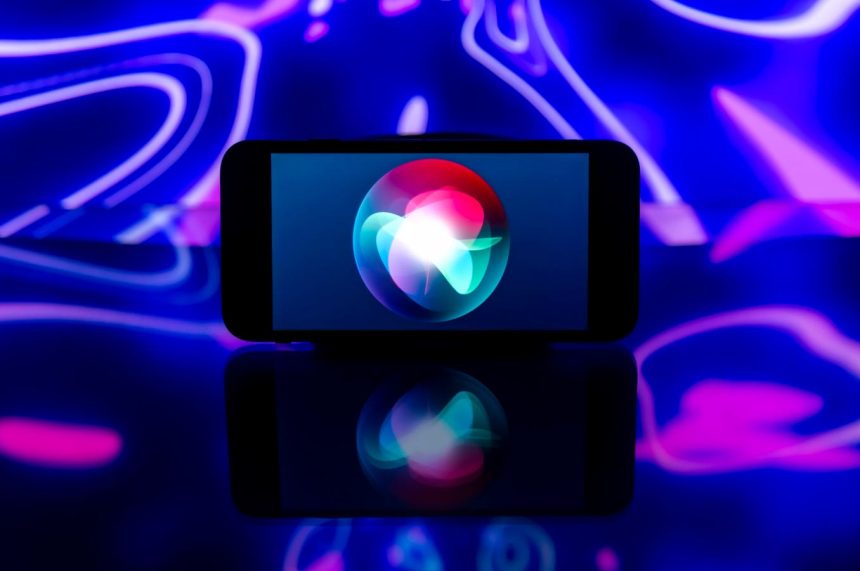The tech giant, Apple, has agreed to a $95 million settlement in a class-action lawsuit alleging that its voice assistant, Siri, eavesdropped on users’ conversations. The preliminary settlement, filed in December 2024 and awaiting a judge’s approval, stems from accusations that Apple captured and shared private conversations with advertisers, even when Siri was activated unintentionally. The lawsuit dates back to 2019 following reports that Apple contractors listened to Siri recordings, including sensitive personal information. While Apple disclosed that Siri recordings could be reviewed, the lawsuit contends that users were not explicitly informed of human oversight or regular recording without consent. The current case centers around plaintiffs who claim they saw targeted advertisements related to conversations they had near their iPhones, suggesting Siri’s involvement in data collection for advertising purposes.
Eligibility for a payout from the settlement hinges on owning a Siri-enabled Apple device in the U.S. between September 17, 2014, and December 31, 2024. Claimants must also affirm under oath that they experienced unintentional Siri activation and subsequent recording of private conversations. A dedicated website for claims is expected to launch within 45 days of the court’s decision, anticipated around February 14, 2025, with a deadline for filing claims set for May 15, 2025. Individual payouts are estimated at $20 per device, with a maximum claim of $100 for up to five devices. The final amount could vary depending on the number of approved claims. Of the total settlement, approximately 30% plus expenses will be allocated to legal teams, leaving the remainder for eligible claimants. While a substantial sum, the $95 million represents a relatively small fraction of Apple’s annual revenue.
Apple vehemently denies any wrongdoing and maintains that Siri data is used solely to improve the voice assistant’s functionality, never for targeted advertising or sale to third parties. The company emphasizes its commitment to user privacy, stating that Siri data is anonymized and not linked to individual users. Apple contends it settled the lawsuit to avoid further litigation costs, potentially reaching $1.5 billion if the case went to trial. The company highlights Siri’s privacy-focused design, including on-device processing for many tasks, the use of random identifiers rather than personal information, and the disassociation of request history after six months. Apple further explains that Siri collects minimal necessary data for accurate responses, and sensitive information, like message content, is not transmitted to its servers.
Apple asserts that its data collection practices for Siri are transparent and user-controlled. Since 2019, audio recordings of Siri interactions are no longer retained, replaced by computer-generated transcripts. Users can also opt-in to allow Apple employees to review audio samples for quality improvement and to identify accidental activations. The company underscores that no evidence exists to support the claim that Siri recordings are used for targeted advertising. Despite the lawsuit, Apple emphasizes that it has consistently prioritized user privacy in the development and operation of Siri. The ongoing debate over data privacy in voice assistants highlights the tension between personalized services and user concerns about the collection and use of personal information.
Users concerned about privacy can disable Siri on their devices. On iOS devices like iPhones and iPads, Siri can be deactivated through the Settings menu by toggling off “Talk to Siri” and disabling the activation shortcuts (Press Home or Press Side Button). On Macs, Siri can be disabled in System Settings under “Siri & Spotlight” by toggling off “Ask Siri.” These options provide users with granular control over Siri’s functionality, allowing them to balance the convenience of voice assistance with their privacy preferences. While the potential for misuse of voice data remains a concern for some users, Apple maintains that Siri is designed with robust privacy safeguards.
This Siri eavesdropping case is not an isolated incident. The same law firm involved in this lawsuit is also pursuing a similar case against Google, highlighting growing concerns about data privacy practices related to voice assistants. These cases underscore a broader societal debate about the balance between technological advancement and the protection of personal information. As artificial intelligence continues to integrate into everyday devices and services, users are increasingly demanding greater transparency and control over how their data is collected, used, and protected. This ongoing dialogue will shape the future development and implementation of voice assistants and other AI-powered technologies.



